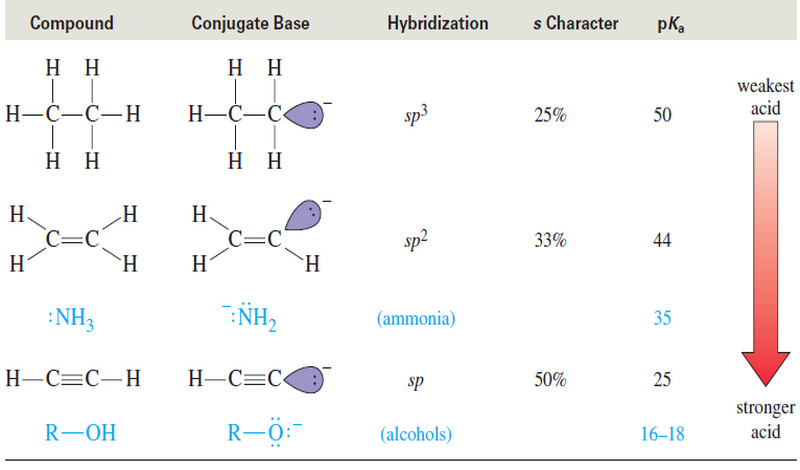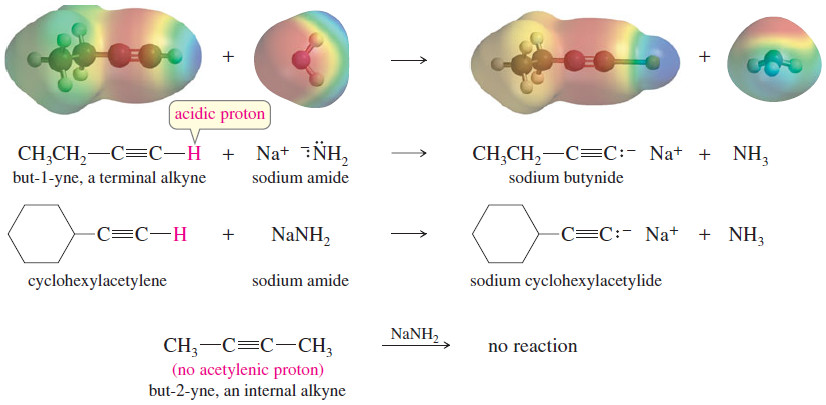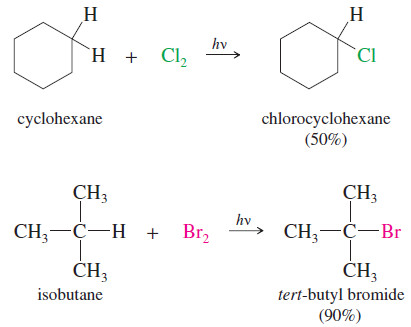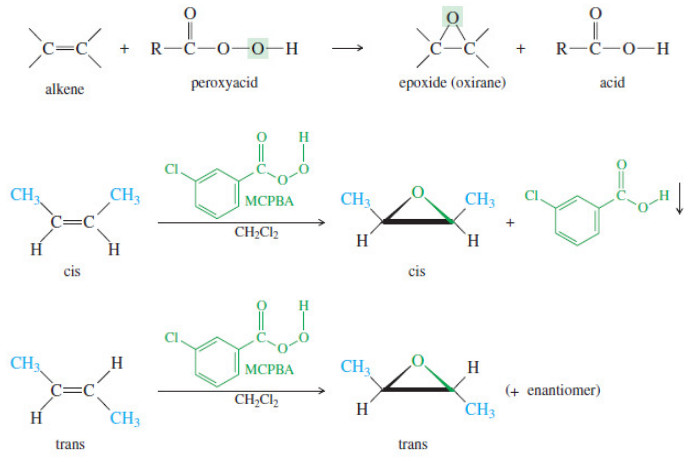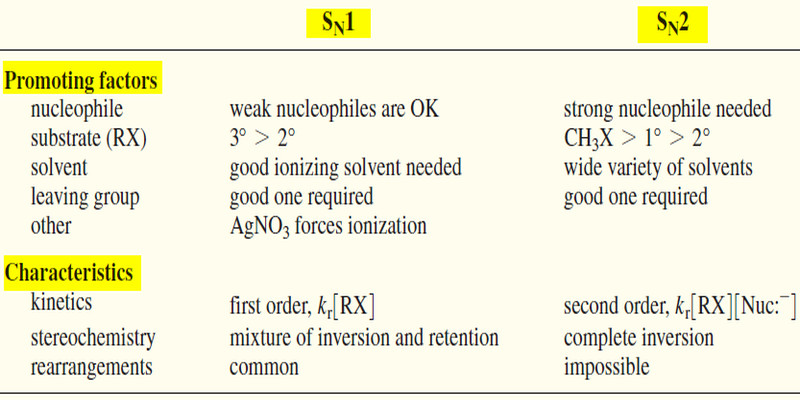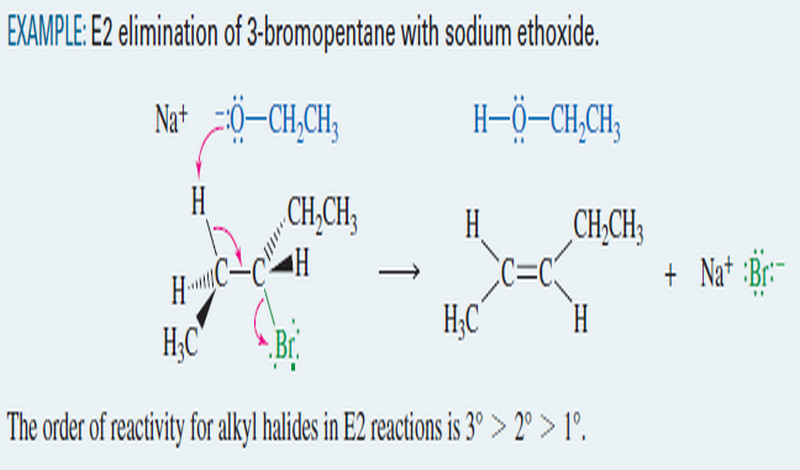Acidity of Alkynes : Formation of Acetylide Ions
Acidity of Alkynes: Formation of Acetylide Ions
– Acidity of Alkynes is the inportant factor of activity of Alkynes.
– Terminal alkynes are much more acidic than other hydrocarbons.
– Removal of an acetylenic proton forms an acetylide ion, which plays a central role in alkyne chemistry.
– The acidity of an acetylenic hydrogen stems from the nature of the sp hybrid ≡ C-H bond.
– The following table shows how the acidity of a -C-H bond varies with its hybridization, increasing with the increasing s character of the orbitals:
sp3 < sp2 < sp
(Remember that a smaller value of pKa corresponds to a stronger acid.)
– The acetylenic proton is about 1019 times more acidic than a vinyl proton.
– Abstraction of an acetylenic proton gives a carbanion that has the lone pair of electrons in the sp hybrid orbital.
– Electrons in this orbital are close to the nucleus, and there is less charge separation than in carbanions with the lone pair in sp2 or sp3 hybrid orbitals.
– Ammonia and alcohols are included for comparison; note that acetylene can be deprotonated by the amide (–NH2)ion, but not by an alkoxide ion (–OR).
– Very strong bases (such as sodium amide, NaNH2) deprotonate terminal acetylenes to form carbanions called acetylide ions (or alkynide ions).
– Hydroxide ion and alkoxide ions are not strong enough bases to deprotonate alkynes.
– Internal alkynes do not have acetylenic protons, so they do not react.
– Sodium amide (Na+ –NH2) is frequently used as the base in forming acetylide salts.
– The amide ion (–NH2) is the conjugate base of ammonia, a compound that is itself a base.
– Ammonia is also a very weak acid, however, with Ka = 10-35 (pKa = 35)
– One of its hydrogens can be reduced by sodium metal to give the sodium salt of the amide ion, a very strong conjugate base.
– Acetylide ions are strong nucleophiles.
– In fact, one of the best methods for synthesizing substituted alkynes is a nucleophilic attack by an acetylide ion on an unhindered alkyl halide.

